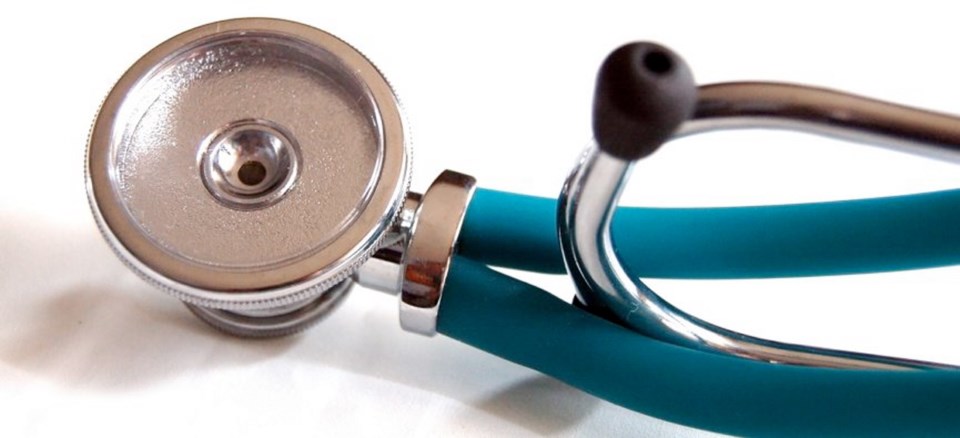Where is the common sense and compassion in this country for cancer patients who suffer in agony? I write this because drug addicts, who largely seek pleasure from opioid drugs, are now getting better pain control than cancer victims. And these patients and their families should be enraged by what is happening.
The federal Minister of Health Ginette P. Taylor has announced a $100-million fund to fight the opioid crisis. She reports: “This situation keeps me up at night.” I should remind her that cancer pain keeps many patients in agony 24 hours a day.
What is more galling is that the government wants to reduce barriers that limit access to heroin for addicts in drug-treatment programs. Yet there is no such access for cancer patients in hospitals. It appears that not all the lunatics are in the asylum.
I have been writing this column for 43 years, so I have seen a lot of medical insanity. But I believe this beats them all. Some readers might recall that in January 1979, I wrote in a column a new year’s resolution stating that heroin should be legalized to ease the suffering of terminal cancer patients.
In England, heroin had been available for 90 years, to treat the pain of difficult childbirth, severe burns, the anxiety and pain of heart attack and for young children and adults dying of malignancy. So I believed it was a humanitarian project.
But I was wrong. I was immediately criticized as being “a headline seeking medical journalist.” The Cancer Society and palliative care centres claimed morphine just as good as heroin, an outright lie. The Royal Canadian Mounted Police and pharmacists agreed. Heroin was not needed, they claimed.
So what happened? Families who had seen loved ones die in agony did not agree with these authorities. Rather, they were enraged, and I received thousands of letters of support (in those days of no e-mail, readers had to write a letter and buy a stamp).
In the end, I drove to Ottawa and handed the Minister of Health 40,000 letters in green garbage bags, arguing that heroin should be legalized. But it required five years of writing columns, along with donations from readers to purchase ads in newspapers, before heroin was finally legalized on Dec. 20, 1984.
It was a battle won, but a war lost. So much bureaucratic red tape entrapped doctors while prescribing heroin that few prescribed this painkiller. Consequently, the pharmaceutical company stopped importing heroin from England.
I said then, and still say, that those who fought against heroin for terminal cancer patients and then created bureaucratic red tape should rot in hell.
If I were younger, and had the staff and money, I’d fight to get heroin back. I’d also oppose spending $100 million to operate drug-treatment centres. I believe taxpayers should also be enraged. For instance, addicts not only inject themselves in these centres but if they cannot do so, health-care workers will do it for them. What a mad world.
So I ask readers this question: What do you think about spending $100 million to treat those who choose to use opioid drugs for pleasure, yet those who have never cost society one cent for addiction treatment cannot obtain heroin, sometimes not even enough morphine when terminal malignancy strikes? I hope you will let me know if you are as enraged as I am.
When heroin was legalized in 1984 I received half a million dollars donated by readers to cover the cost of legal service and an ad campaign. Believing we had won the battle, I donated this money to establish the Gifford-Jones Professorship in Pain Control and Palliative Care at the University of Toronto Medical School. Now, at least, more doctors across this country are trained in pain control. So the money was well spent.
I’m sure many accuse me of no compassion for opioid addicts. But research shows that getting off drugs is possible without spending millions of dollars. So I don’t lose any sleep worrying about addicts. I do lose it over cancer patients dying in needless agony.
For comments, got to info @docgiff.com

